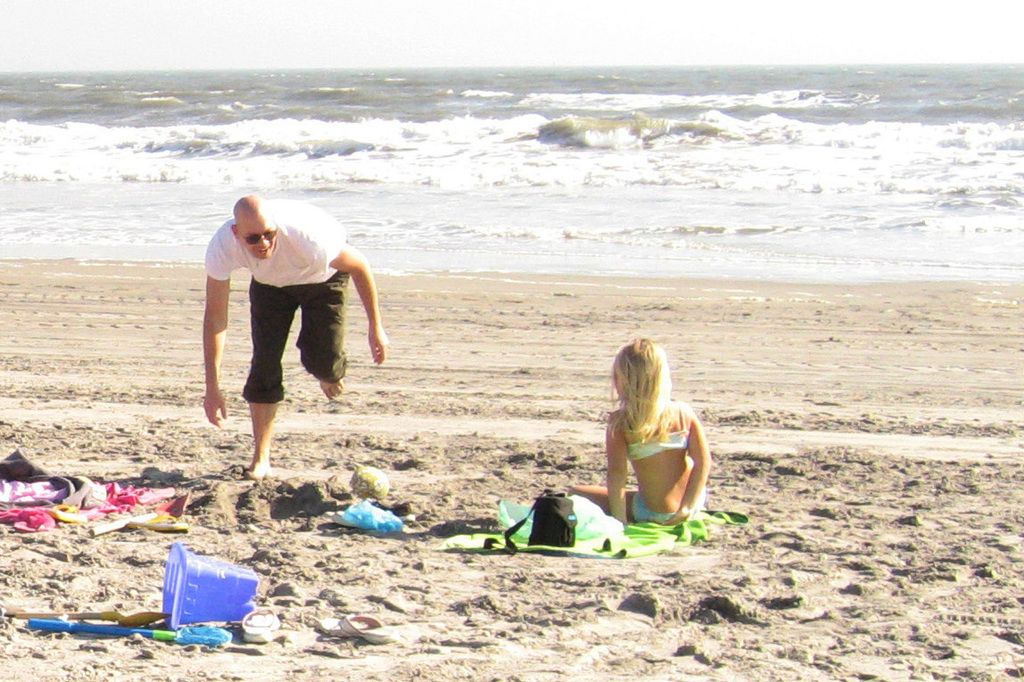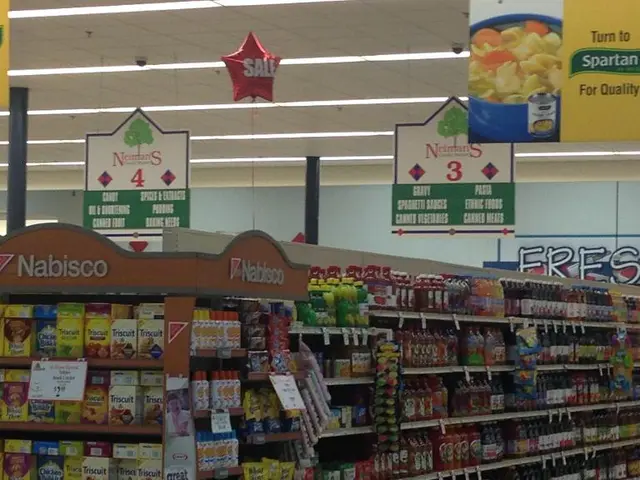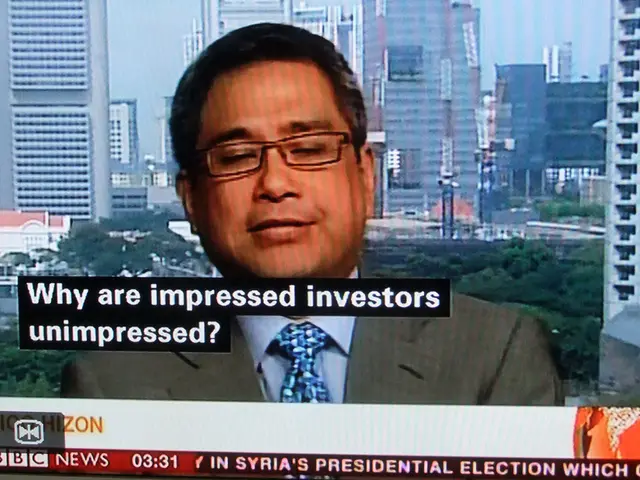The Pop-Up, Around-the-Clock Convenience Shops in Rural Germany: A Closer Look
Information on Village Convenience Stores: Essential Details You Should Be Aware Of - Village mini-mart convenience stores - crucial information to consider
Wanna dart to the corner store real quick for some flour, eggs, booze, and whatnot in the city? No sweat. But for those living in the sticks, the closest supermarket is often an hour's drive away. Step in self-service mini-supermarkets, open 24/7, and poised to save the day.
Here's the lowdown on these joints:
These pint-sized stores run without a permanent crew, instead relying on automation. There's still staff to restock and help customers a few hours each week, but the rest of the time, it's all on you, pal.
Spread across Germany?
One big player in this mini-supermarket scene is the company Tante M, operating around 60 stores, primarily in Baden-Württemberg, in collaboration with independent franchisees. In the north, Teo-Mini markets, owned by the Hessian trading company Tegut, make their presence known.
When can I shop there?
Tante M stores usually open their doors from 5:00 AM to 11:00 PM every day. Business manager Carsten Pletz believes this covers most customers' needs. Most stores shut down overnight for security reasons, and a 24/7 supermarket isn't required in rural areas, mate. Teo-Markets, on the other hand, stay open all day, every day.
So, what's the deal with legality?
According to trade expert Stephan Rüschen, professor of food retail at the Dual University of Baden-Württemberg in Heilbronn, shops can't be open on Sundays per the Retail Trading Act. However, municipalities still grant permits. Rüschen calls it a "tolerance" and claims the Greens see a need for improvement, wanting to officially allow these mini-supermarkets to open on Sundays in the Retail Trading Act.
Several federal states have already made the move, including Hesse, where a corresponding amendment to the Retail Trading Act was passed last year, allowing shops under 120 square meters and focusing on daily necessities to trade on Sundays.
Customer feedback's been good, too.
Rüschen shares that a survey of mini-supermarket customers showed most didn't want to go without 'em and that they greatly simplify daily life. Strong emotions from the people towards these stores were also observed. Tante M's Carsten Pletz confirms this, sharing positive feedback and even local community involvement, like a town band playing at openings and speeches from the mayor.
Politics digs them, too.
Andreas Schwarz, the Greens' parliamentary group leader, feels these convenience stores allow villagers to grab daily essentials without long drives, boosting the allure of rural areas. Missing bakeries, butchers, and general stores in these areas for a while have affected the quality of life, he believes. "A store in the village greatly improves the quality of life in the villages," Schwarz said.
Expensive for customers?
There aren't any concrete figures on this. Tante M doesn't set price guidelines for its franchisees, says Pletz. Retail expert Rüschen from the Dual University in Heilbronn estimates that mini-supermarket customers might pay about ten percent more than in regular supermarkets, but it doesn't seem to faze many. "Customer surveys found that almost 90 percent of users find the price level acceptable," says Rüschen.
Any thievery issues?
"I wouldn't lie if I said theft ain't an issue," says Pletz of Tante M. However, they're fortunate to be located where there's no other supply. "There's a much higher sense of community. The people in a Tante M want the store to stay," says Pletz. This community spirit is their best defense against theft. Plus, the stores sport surveillance systems and sometimes access controls, with customers required to scan a card upon entry.
Community policy regarding retail trading in Germany prohibits stores from operating on Sundays, although municipalities may grant permissions. Despite this, several federal states have allowed shops under 120 square meters focusing on daily necessities to trade on Sundays.
These mini-supermarkets, such as Tante M and Teo-Mini markets, provide convenience by being open for extended hours, fostering local communities, and simplifying daily life for rural residents.
While there may be some concerns about the prices being slightly higher than in traditional supermarkets, customer surveys have shown that almost 90% of users find the price level acceptable.
The stores' reliance on technology and automation, combined with community support, helps protect against theft, making them valuable additions to rural areas.








